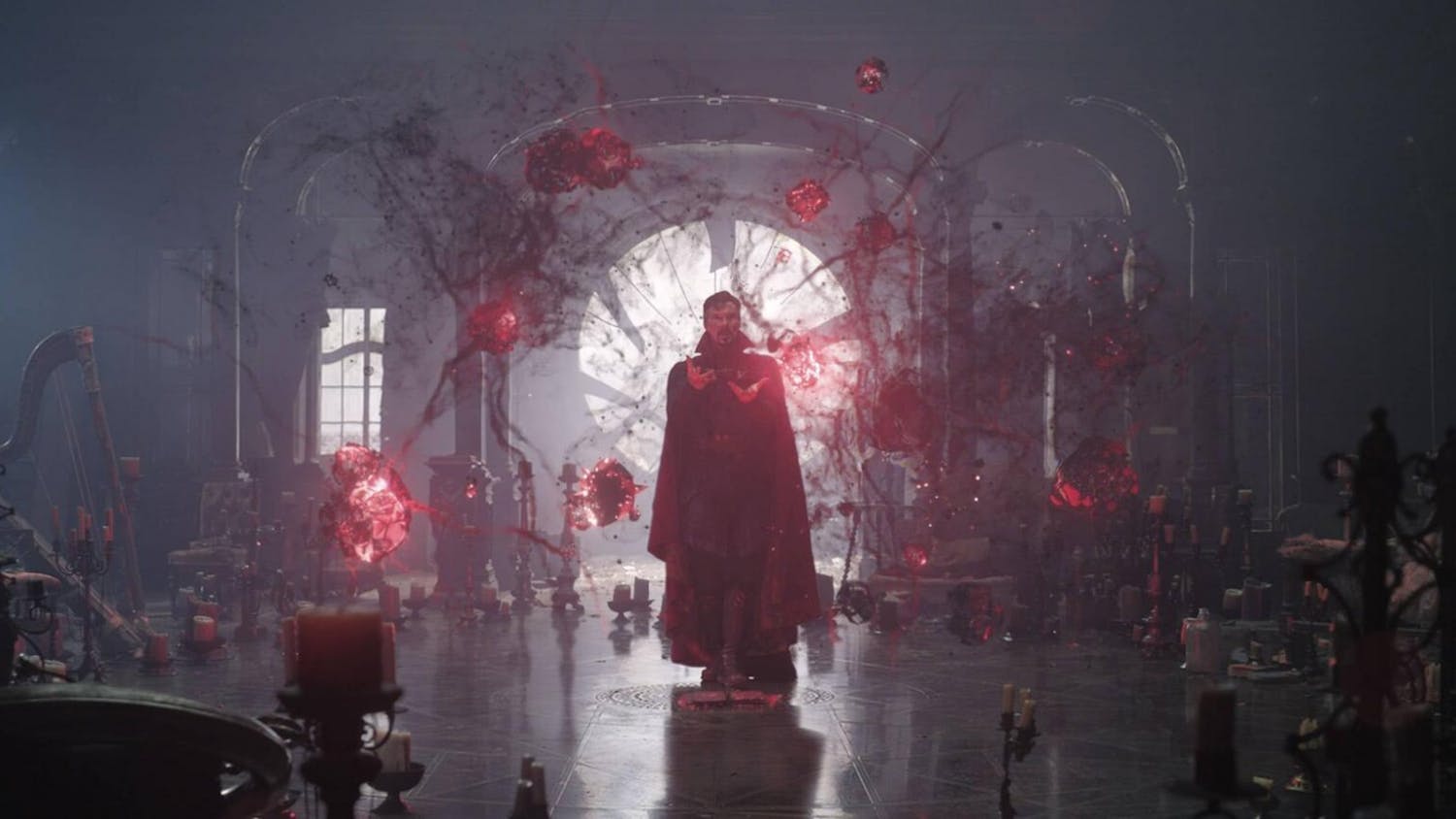Brace yourselves, we’re gonna get a little political today. With the release of “The Fifth Estate,” one of the most divisive figures of the 21st century, Julian Assange, has finally been approached through a cinematic lens, and the results are, apparently, middling (it’s a pun, sort of).
Early word is that while Benedict Cumberbatch’s portrayal of the WikiLeaks founder is, as expected, a highlight of the film, it cannot save the work from its fatal flaw: an unwillingness to take an actual stance on Assange and his work.
This seems, to me, tied to this idea that a discussion of any issue, political or otherwise, needs to be “fairly balanced,” offer viewpoints from both sides and remain as objective/impartial as possible. Which just doesn’t work in film.
See, part of making a film is the directors inserting their views, their personality and as much of who they are as possible into the film (assuming the film is going to be good/interesting/relevant of course). Attempting to make a film that operates on “everyone has a good point” logic doesn’t work, because it denies the filmmaker this ability to impose themselves on their work.
In a film, especially a political film like “The Fifth Estate,” watching should be tantamount to discussing whatever issue at hand with the director. To take the “fair and balanced” route is the equivalent of saying “well I think both sides have very valid points, and I don’t have an opinion.”
Which is the high school history teacher approach to discussion. Which is boring. Which does not make good films. And most importantly, which is dishonest to the audience and to the medium.
If you decide to make a film about a person like Julian Assange, you probably have something to say about them. And that thing probably isn’t “wow, I can see both sides’ arguments and think they are valid.” You probably have some strong feelings about them (or, again, you should if you want your movie to be thought-provoking or, you know, good).
Trying to “balance” your picture is denying these feelings’ expression. Which defeats the entire point of the movie, lies to your audience and most importantly, runs against the nature of film as an artistic form.
Because, whether it’s a documentary or narrative film, the parameters of cinema make it a fundamentally subjective and biased way to present information (as are all artistic mediums).
The very act of deciding what to show, when to cut from it, and how to present it AKA making a movie, is a decision that has to be colored by the director’s personal beliefs. By making these calls, the filmmaker is crafting a world to reflect their beliefs.
So in “The Fifth Estate,” director Bill Condon had to feel passionately enough about Julian Assange to want to make a movie about him, had to make decisions about what parts of his life to include and which to exclude, which other characters to include/exclude, where to begin and end his story and already he’s reshaped reality beyond any semblance of “objectivism.”
And I mean, to keep driving the point home, “fair” films aren’t nearly as useful or interesting. Given the futility of trying to make a social studies report for a film, it seems much more important to create a passionate, engaging film that can challenge beliefs and spark discussion than it is to avoid offending anyone by taking a stance.
Not to mention, sometimes one side of an issue is just wrong; “Jurassic Park” didn’t address creationism, because acknowledging it as part of the debate and pretending it deserves the same attention as evolution is ridiculous.
Which is an idea that just might be relevant today. In a certain mass media system. Of a certain country. With a certain shut-down government. In their treatment of certain parties and in their assigning blame for a certain pressing situation… I’m just saying.
Do you think Austin has no right expressing his biased opinion in his own column? Shout at him at wellens@wisc.edu.





